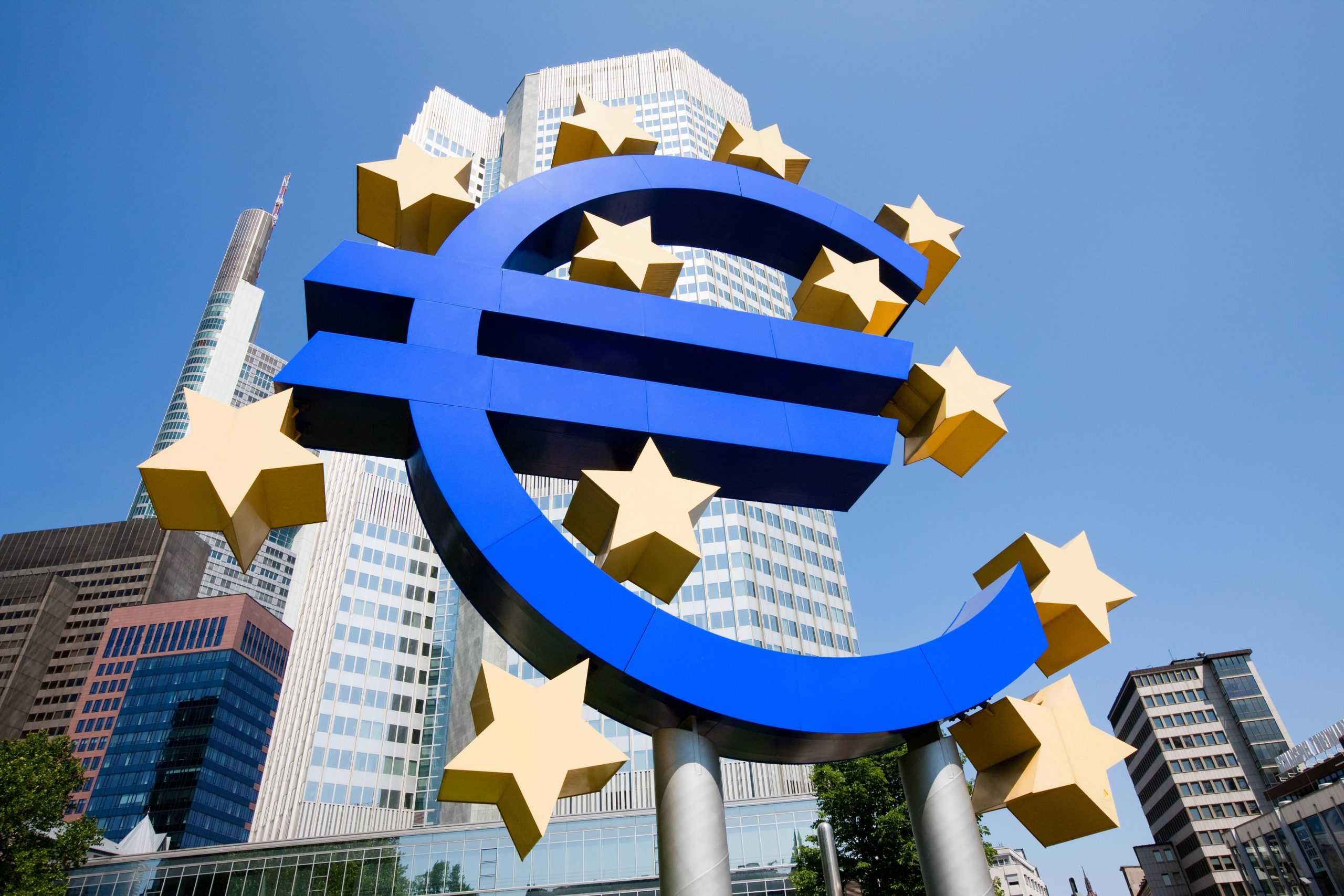The pound euro (GBP/EUR) exchange rate fell sharply through the first two weeks of November as it became increasingly apparent that the UK economy has entered a recession.
Over the last fortnight, GBP/EUR traded between highs of €1.166 and lows of €1.131. The pair ended up wavering below €1.14, posting significant losses.
What’s been happening?
The pound euro exchange rate took a tumble as we moved into November as the afterglow of Rishi Sunak’s appointment as Prime Minister faded away.
Instead, GBP investors became increasingly focused on the UK’s dire economic outlook. On Halloween, declines in both mortgage approvals and credit card borrowing added to fears of a downturn in the UK.
The euro’s gains against the pound were capped, however, amid similar concerns about the Eurozone economy. The bloc’s final manufacturing PMI revealed a larger-than-expected contraction.

Sterling then nosedived on Thursday after the Bank of England (BoE) delivered a grim analysis of the UK economy. According to the British central bank, the UK has already entered a recession which could last two years – the longest period of negative growth on record.
Meanwhile, the euro enjoyed its negative correlation to a weakening US dollar and hawkish comments from European Central Bank (ECB) President Christine Lagarde.
The following week, the pound euro exchange rate initially bounced back. GBP attracted some dip-buying while Russia-Ukraine worries weighed on EUR.
Alas, Sterling’s recovery was short-lived. Downbeat news from large UK business – falling profits, asset sales, and insolvencies – once again raised fears for the country’s economy.
Meanwhile, the ECB’s downbeat assessment of the Eurozone economy in its latest Economic Bulletin weighed on EUR.
What do you need to look out for?
Looking ahead, some high-impact data for both the Eurozone and the UK could cause significant movement in the pound euro pair.
In mid-November we have the latest UK labour market report. Although Britain is likely now in recession, the jobs market remains strong. If the unemployment rate remains close to a near 50-year low, Sterling could catch a tailwind.

UK and Eurozone inflation will also be in focus. If price pressures continue to rise, expectations of more interest rate hikes could boost their respective currencies.
The UK government’s fiscal statement also promises to be a huge event on the economic calendar. With PM Sunak and Chancellor Jeremy Hunt set to impose more austerity measures on the country to fill a fiscal hole blown into the budget by Liz Truss, worries about a worsening recession outlook could hurt Sterling.
That said, if the PM and Chancellor are able to restore the UK’s financial stability and deliver a plan for growth, GBP could rally. Either way, we could witness some volatility.
The next day, an expected decline in UK retail sales could see Sterling fall further.
The following week brings the flash PMI surveys for November, both for the Eurozone and the UK. GBP and EUR investors will be watching the results closely. Any evidence of recession could infuse more volatility into the pairing.
Protecting against volatility
This kind of volatility can cause some nasty surprises if you need to transfer money overseas. On a £200,000 transfer, that three-cent gap between €1.16 and €1.13 translates to a €6,000 difference. And the larger the sum, the higher the discrepancy.

Fortunately, there are ways that you can protect against volatility.
Specialist currency brokers, such as Currencies Direct, offer different tools to help you navigate the ups and downs of the currency market.
For instance, you can use a forward contract to secure an exchange rate for up to a year. This way, you won’t lose out if the market moves against you.
Services like rate alerts and daily updates make it easy to keep track of what’s going on in the forex world so that you can make informed decisions. And with Currencies Direct you’ll have a dedicated account manager there to provide guidance and support whenever you need them.
At Currencies Direct we’re here to talk currency whenever you need us, so get in touch if you want to know more about the latest news or how it could impact your currency transfers.
Since 1996 we’ve helped more than 325,000 customers with their currency transfers, just pop into your local Currencies Direct branch or give us a call to find out more.

